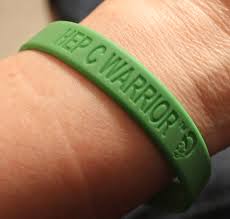
Scientists said a new treatment for hepatitis C “cured” 90% of patients with the infection in 12 weeks.
The new study is a “major breakthrough” and marks a “turning point” in hepatitis C treatment, said experts.
Hepatitis C is a virus that can infect and damage the liver.
The virus is passed on by the blood, or bodily fluids of an infected person, and can be transferred through tattoo needles, or people taking drugs and sharing needles.
Researchers at the University of Texas Health Science Centre tested the new oral drug in 380 patients at 78 centres in Spain, Germany, England and the US in 2013.
Two studies were carried out, one in patients for 12 weeks, and another, for 24 weeks.

The patients had liver cirrhosis, indicating an advanced form of the virus.
After 12 weeks, 191 of 208 patients no longer had hepatitis C, which increased to 165 of 172 patients, or 96%, after 24 weeks.
Lead researcher, Dr. Fred Poordad said: “It is fantastic. I am so excited for the patients. There is finally hope for their future.”
He said the drug worked by targeting the protein that makes hepatitis C and stopping it from replicating.
“Eventually the virus is extinguished,” he said.
The study worked for patients with genotype 1 infections. The other 45% are a genotype 3. Genotype 2 is less common.
The side effects were fatigue, headaches and nausea.
Current treatment for hepatitis C can include a year’s worth of injections and involve side-effects such as depression, tiredness and feeling sick. It also is not safe for many people with cirrhosis, said Dr. Fred Poordad.
Concerns over the high toxicity and low efficiency of current treatment had meant it was not widely been applied.
However, the study did not show if the probability of cancer dropped in the long term, if cirrhosis was reversed or progression to total liver failure slowed.